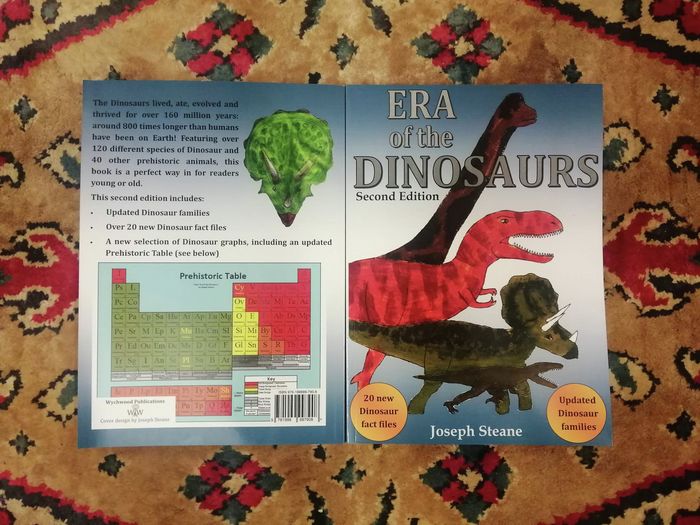Cambridge, CERN and Space: Sitting Down with science writer Letizia Diamante
Suchir Salhan and Tom Malloch sit down with Letizia Diamente to chat about her student experience, her work in science communication and why she decided to publish a science adventure book for kids

For science writer Letizia Diamante, lockdown was a time to return to an unrealised childhood passion: to become a writer. We met with Letizia to discuss why she decided to write a book for children and her experience working in science communication for the University.
Letizia grew up in a remote part of Italy and came to Cambridge to complete a PhD in Biochemistry, working on protein engineering. It was during this PhD that she had the “opportunity to try out lots of different societies in a safe environment”.
“Close your books and try something new!”. Letizia remembers being told that the closed golden book that lies at the very centre of the University coat of arms, with its horizontal spine clasped downwards, was a sign that students should get involved with new societies and try new experiences. Cambridge students work – but there is more to do than that.
“Close your books and try something new!”
During her PhD, Letizia got involved in writing popular science articles for the student-run science magazine BlueSci, recording videos about Antarctic volcanoes, and watching lots of science documentaries.
Though she was unsure if she wanted to leave research, Letizia says that her PhD gave her lots of transferable skills for her current role as Communications Coordinator at the Cambridge Graphene Centre. She says that she was lucky to receive a scholarship from the Wellcome Trust studentship after her PhD to transition into science communication. In her present role, she works to publicise the applications of graphene technology that are being developed at the University.
Letizia works on stories about how graphene can be applied in space. Graphene is a thin, robust material that has the potential to be used in space exploration. As Letizia explains, the University's Graphene Centre is involved in the EU's Graphene Flagship, and has paired up with Belgian Université Libre de Bruxelles and the Rashid Space Centre in the UAE to test whether the graphene used in the wheels of the Rashid moon rover is “moon-proof”. Graphene is also currently being applied to 3D printing in space, which could allow astronauts to create the tools that they need far away from Earth. The role gave her the chance to interview Dr Meganne Christian, recently selected as an astronaut by the European Space Agency.
"It is clear that Letizia loves writing for children and she's not going to stop anytime soon"
Because public institutions are paid by taxpayers, Letizia argues that science communication is fundamental for the “public dissemination of what has been done with this money”, and to amplify research to a wider audience. She points out that, while scientists may make important discoveries in the lab, it is the communicators that make role-models of them and helps them to inspire the next generation. Letizia frequently goes to schools in her native Italy and in the UK, often in areas that may not be able to access science research, museums or festivals.
“Having an example is important for places far away from academia” Letizia hopes that she can contribute to make science more accessible in more marginalised communities.
Having previously worked as a Science Communications Fellow at CERN, she was inspired to write her book: Your adventures at CERN. The newfound author had dreamt of writing a book since childhood, enjoying writing her own stories in primary school using second-hand diaries left around the house. Yet, as she got sucked into the world of science, this goal seemed a lot more distant.
Lockdown gave her the impulse she needed to write a child-friendly and fun book about CERN, a work which has now been translated into her native Italian. She thinks the setting of CERN was “perfect” for this adventure style because it has “labyrinthine experiments above and below ground”, while the format allowed a child-friendly and inclusive presentation of the science. She tells us of how she intentionally left the main character's design blank, to be drawn in or painted by her readers.
Letizia is undeniably passionate about writing books for young children, and her happiness in her work shines through. Her advice to students who want to get involved in science communication is clear: "join societies in Cambridge." She says that doing this lets you try out science journalism in a safe environment and, if you find you enjoy it, you can build up a portfolio and apply to internships and jobs.
We ask if she is planning on releasing more books in the future, knowing the answer already: "Yes!". She is currently planning two more books – one about the teeth and tongues of animals and another about food sustainability. It is clear that Letizia loves writing for children and she's not going to stop anytime soon.
 News / SU reluctantly registers controversial women’s soc18 December 2025
News / SU reluctantly registers controversial women’s soc18 December 2025 Features / Should I stay or should I go? Cambridge students and alumni reflect on how their memories stay with them15 December 2025
Features / Should I stay or should I go? Cambridge students and alumni reflect on how their memories stay with them15 December 2025 News / Dons warn PM about Vet School closure16 December 2025
News / Dons warn PM about Vet School closure16 December 2025 News / Cambridge study finds students learn better with notes than AI13 December 2025
News / Cambridge study finds students learn better with notes than AI13 December 2025 News / CUP announces funding scheme for under-represented academics19 December 2025
News / CUP announces funding scheme for under-represented academics19 December 2025









